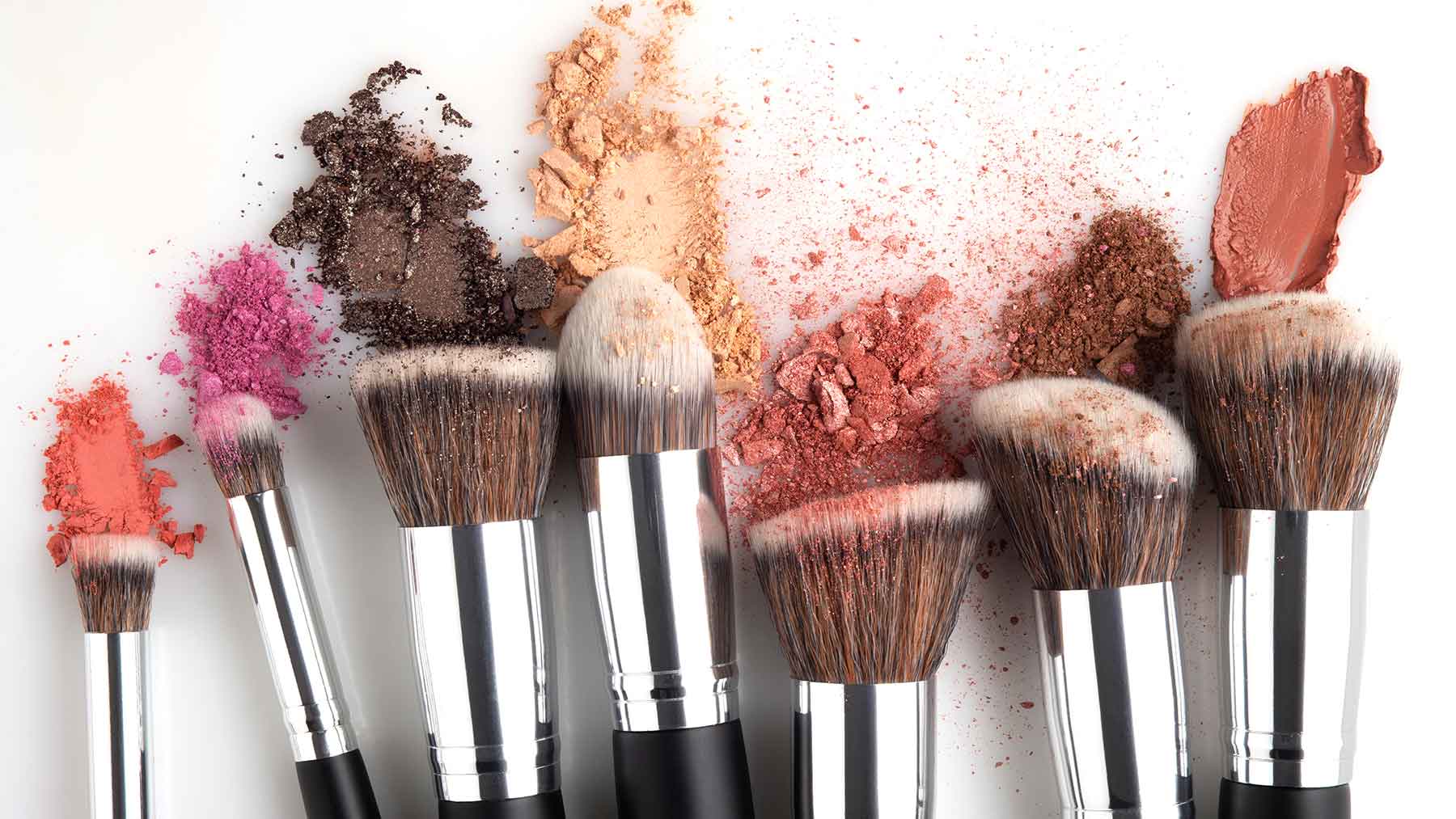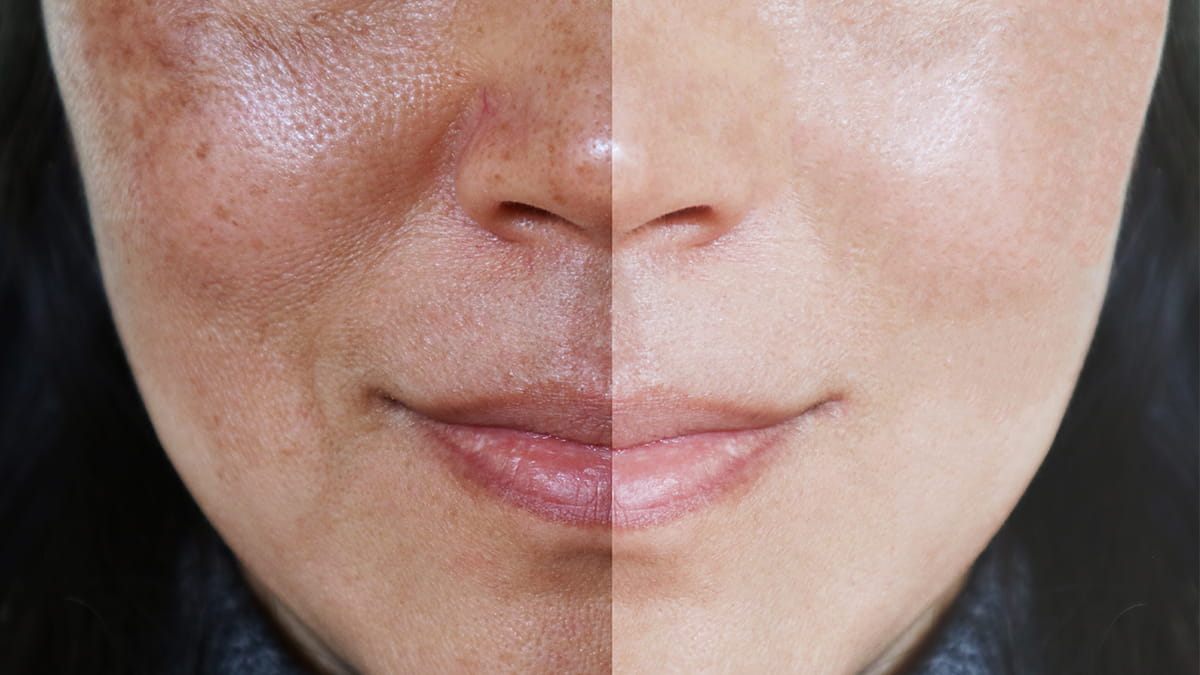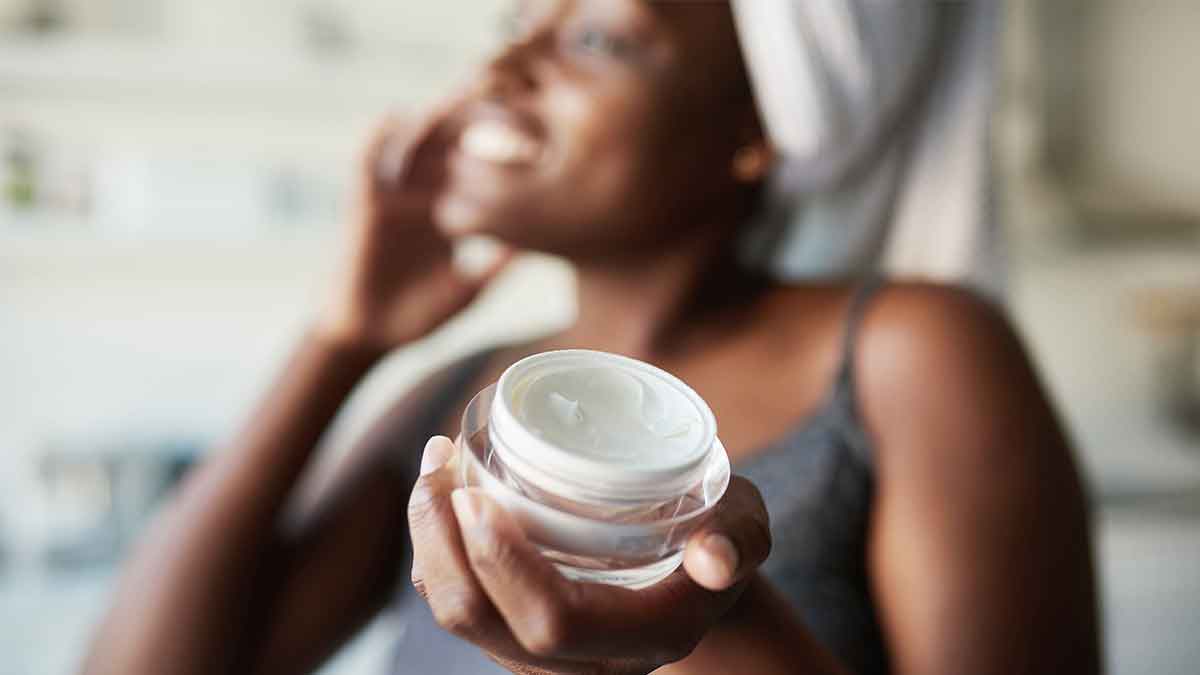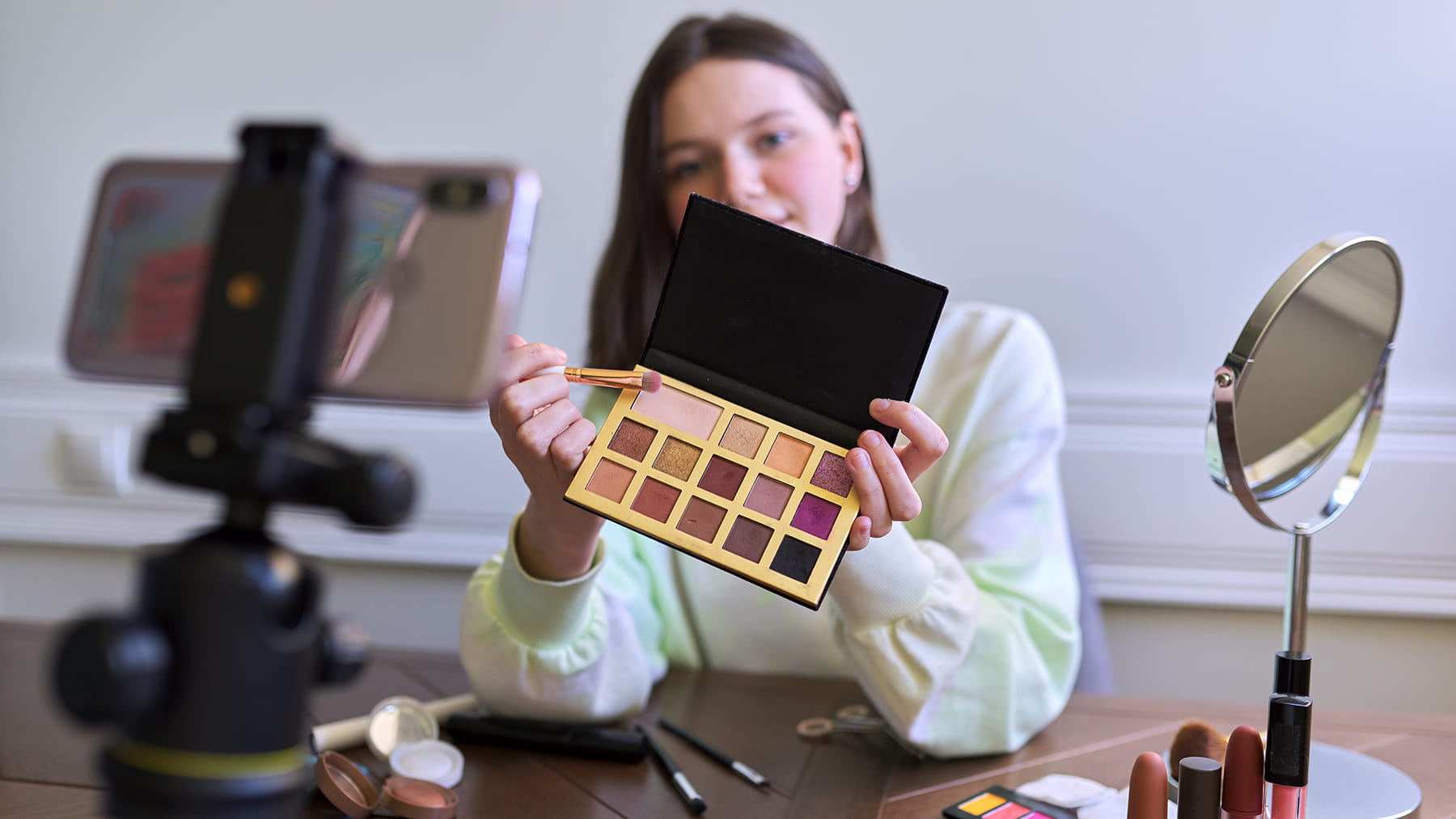What are healthy makeup habits?

Your favorite beauty blogger just might have it all wrong. When it comes to buying makeup, there’re many more important considerations than brand, price and trendiness. Things like harmful chemicals and unsanitary habits can make your makeup routine damaging to your skin health.
Different skin types require different types of foundation. Dry skin types can choose a creamy, moisturizing foundation. Oily skin types can choose a matte or mineral powder foundation. I recommend sheer to medium coverage foundation, with a hydrating base for aging skin so the foundation doesn’t settle into wrinkles. I prefer mineral foundations for acne prone skin because they’re formulated without additives and they let the skin breathe.
When it comes to makeup sharing and shelf life, there’re no federal regulations, but there’re many things to be cautious of. Mascara and liquid eyeliners shouldn’t be used for longer than three months, as they can harbor bacteria, which can be transferred to the eyes. These are the products you should be replacing the most often.
Any other makeup that gets close to your eyes shouldn’t be shared with others and shouldn’t be kept for more than one year. Cream formula makeup products have a shorter shelf life than powders and shouldn’t be kept longer than a year. Powders should be tossed after two years.
When recommending and choosing makeup, I lean toward mineral-based brands, such as Bare Minerals, Colorescience, Jane Iredale and Glo Skin Beauty.
When curating their makeup collection, a lot of people tend to gloss over primer. Primer is a liquid cream you apply before putting on any makeup. There’re primer formulations for every skin type and desired outcome. Oily skin types can choose an oil-absorbing primer. Dry and aging skin types can choose a hydrating primer. There’re mattifying or illuminating primers that can give you the desired finish of your foundation. Primers also create a smooth canvas that can give foundation a polished look and feel, as well as give the foundation better wear throughout the day.
Finally, though we work so hard to create our perfect look, taking off makeup is just as important as putting it on. Getting your “beauty sleep” is not a myth. Removing your makeup before bed is one of the most important steps for maintaining healthy skin. If you don’t at least cleanse your skin before bed, makeup, dirt and excess oil interfere with the cell renewal process that happens while you sleep.
Makeup wipes are OK for a first step in cleansing your skin, but should never replace water and facial cleanser for cleaning your skin.
The next time when you’re deciding on the perfect foundation or debating on tossing that old mascara, err on the side of caution and put your skin health first. Beauty brands come and go, but your skin is with you forever.
Eve Suiter is a licensed advanced esthetician at The Ohio State University Wexner Medical Center.




